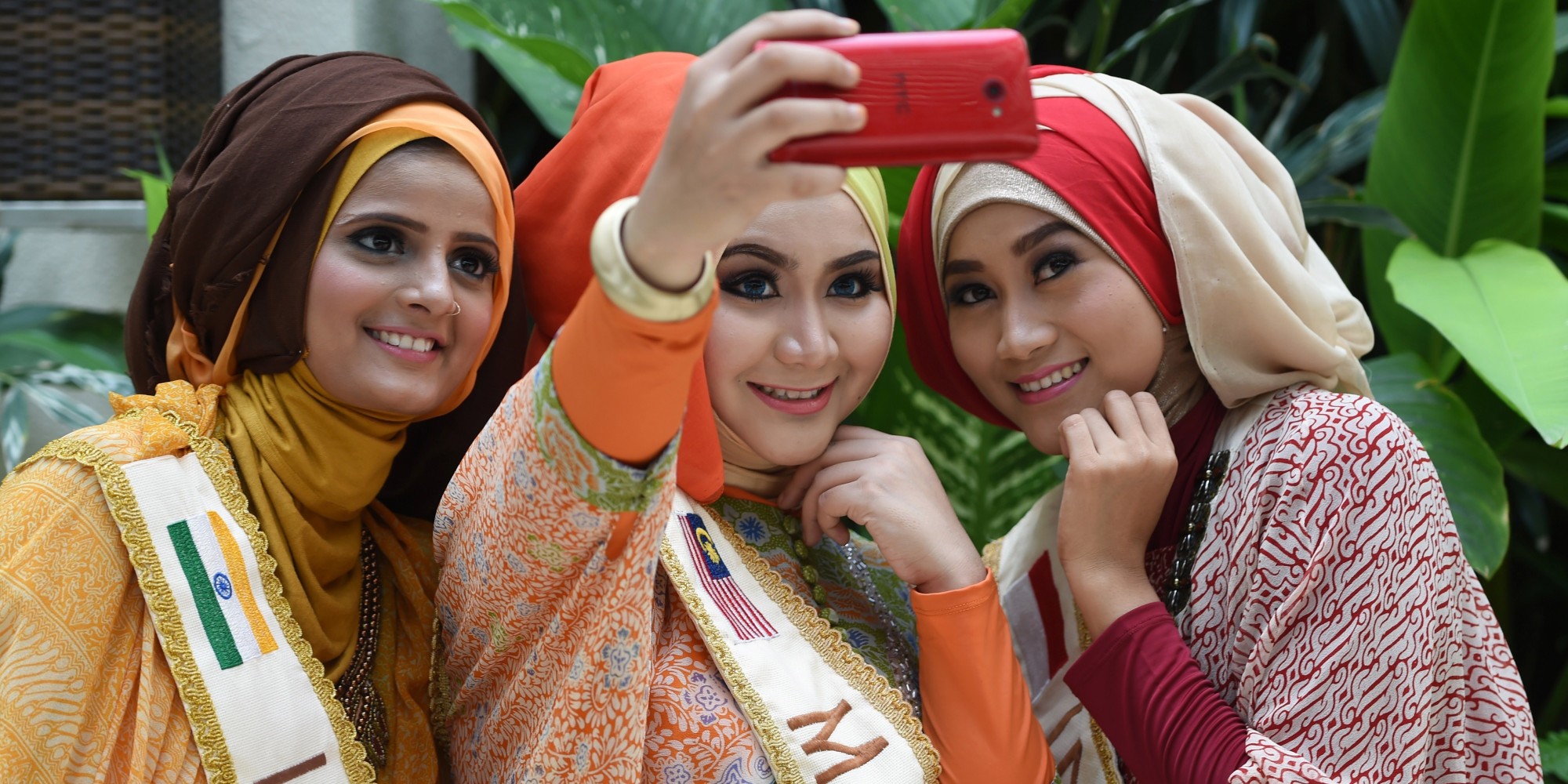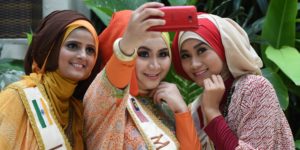Petaling Jaya, MINA – Young, dynamic and devoted – South-east Asia’s young Muslim women are more career driven and “global” than the generation before, and yet, are more Islamic, says a study.
This is seen in an increased adoption of the hijab, or Muslim headscarf, by young professional women as well as students, straitstimes.com reported, citing marketing trend and research outfit J. Walter Thompson’s Innovation Group.
Its report The New Muslimah: South-East Asia Focus showed more than half (58 per cent) of Malaysian women aged 18-39 said a career is important to them, with 80 per cent putting education first, while about one-third of the respondents travel overseas at least once a year.
Around 1,000 women in Malaysia and Indonesia were surveyed in August for the The New Muslimah report.
Also Read: Global Campaign Calls for One Day Strike in Solidarity for Palestinian Prisoners
Religion is a major part of their life with 95 per cent saying Islam is very important to them and “halal” is a top priority when travelling, buying food (98 per cent) and personal care products (71 per cent) like shampoo and clothing.
This is posing opportunities for not only businesses but also the young women who are driving an explosion in halal fashion, beauty, technology and food.
With the global Muslim population hovering around the two billion mark – 40per cent or some 240 million in South-east Asia – the Muslim market was estimated to be worth RM5.7 trillion (S$1.83 trillion) in 2015 and is expected to grow to RM9.3 trillion by 2021.
More cosmopolitant
Also Read: Israel Announces Holding Two Martyrs’ Bodies
Malaysia is seeing a rise of young Muslimah entrepreneurs.
For example, actress Noor Neelofa Mohd Noor, 28, is leading the pack with her Naelofar Hijab brand.
Vivy Yusof, 29, co-founder of omnichannel modest fashion platform FashionValet, is another well-known businesswoman. Both were recently named in Forbes 2017 “30 under 30 Asia” list in the retail and e-commerce category.
“Young Muslim women are showing a new set of aspirations and behaviours which represent both opportunities and challenges for brands,” said The Innovation Group APAC director Chen May Yee.
Also Read: Israeli Military Infiltrates Gaza Borders, Raze Lands
“Broadly speaking, they are more cosmopolitan as consumers than the older generation of female Muslims and are also more religiously observant. These two trends – more Islamic and more global – have created a space of conflict, negotiation, adaptation and innovation that’s playing out across sectors.”
This can be seen in the world of fashion and entertainment where Malaysian Muslims are setting trends in the global music scene like Yuna who is trailblazing in America, Shila Amzah popping into the East Asia music scene and fast-rising indie darling Takahara Suiko of electropop band Venopian Solitude.
Many have even labelled them “hijabster” – the hijab-wearing hispter.
“You just can’t stereotype young hijabis,” said Dina Zaman, executive director of Iman Research, a Kuala Lumpur think-tank that studies society and religion.
Also Read: Government Assures Debts Used Prudently
Crucially, South-east Asian Muslimah are different from their sisters in the Middle East and North Africa, and are by no means homogeneous.
The New Muslimah report also showed that nearly all (94 per cent) of the respondents feel there are now more opportunities for women, although many identified a need for a stronger voice in their community and in government (93 per cent).
One avenue they are not complaining about is access to technology: four out of five spend at least four hours a day online.
“As our young women across the board become more educated and more empowered, they will seek opportunities or be part of a growing professional demographic,” said Dina.
Also Read: Indonesian President Joko Widodo to visit New Zealand
However, she cautioned that while this is a cause for cheer, “we also need to be mindful of the fact that while there is a huge number of young women who are part of this group, there are many more young Muslim women who are left behind economically and politically”. (T/RS5/RS1)
Mi’raj Islamic News Agency (MINA)
Also Read: Starbucks Bombing Victim Surprises Indonesian Judges by Hugging His Alleged Attacker






















 Mina Indonesia
Mina Indonesia Mina Arabic
Mina Arabic